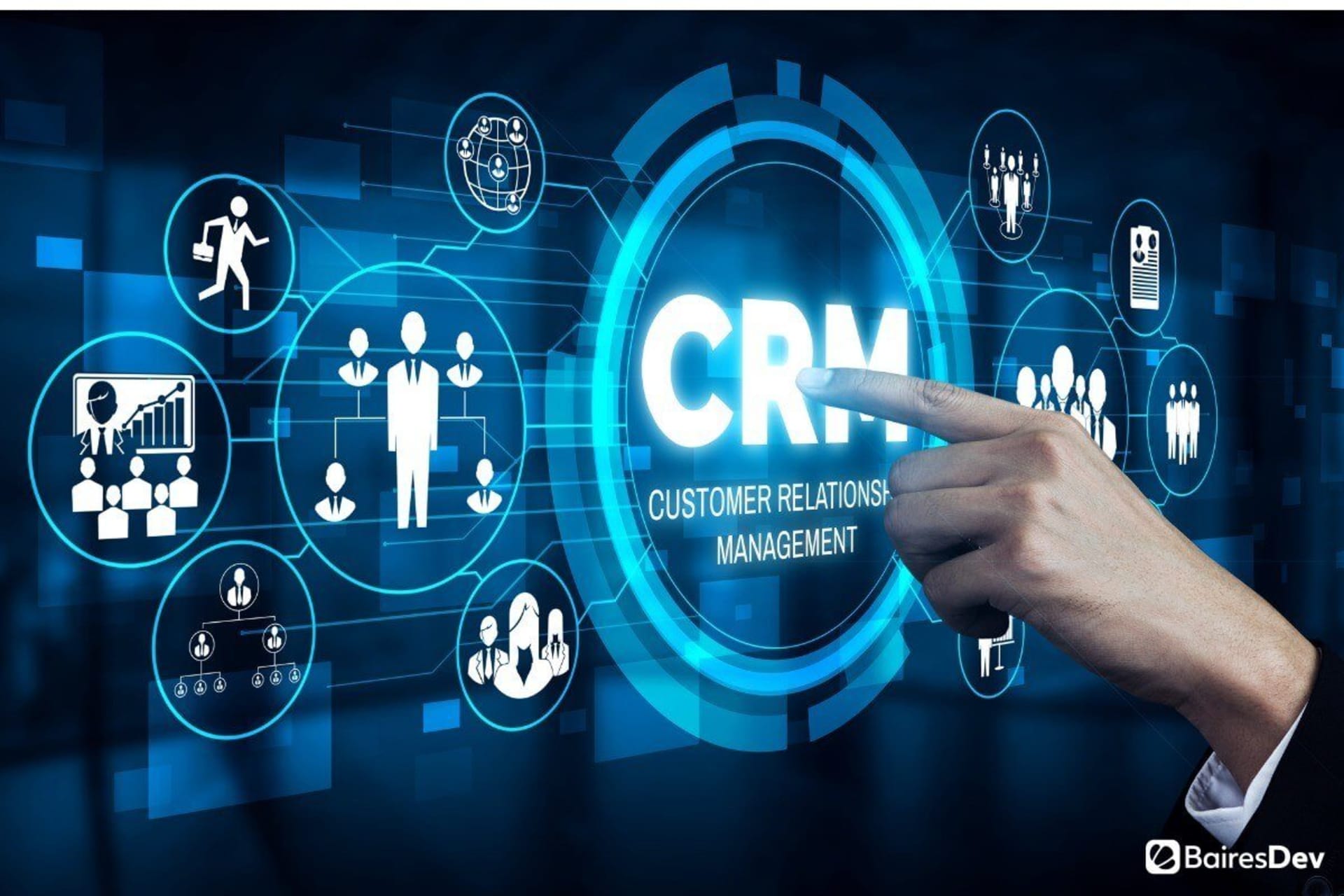Amid a backdrop of fierce competition, promotional overload on social media and other outlets, and rising customer expectations, your company can’t afford to overlook strategies that could help it gain an advantage. Such strategies should include new processes, skills, and technologies.
One technology that can take your business to a whole new level is customer relationship management (CRM). A CRM tool can propel your company’s sales, revenue, and customer satisfaction scores – but only if it’s a strong implementation. If it’s not, you can end up with the opposite experience. Here, I explore some of the obstacles that can derail a successful CRM implementation.
1. Minimal Management Buy-In
Any big initiative within a company needs champions. The higher up the chain they are, the better. Ideally, however, you would have supporters in many areas of the organization, including the C-suite, middle management, and team members across departments.
Top management must provide not only support, but also assistance in implementing the solution and getting all employees on board with it. Mid-level managers can use that enthusiasm as a springboard to sharing the message with their direct reports. And other users, especially those seen as leaders or influencers, can serve as examples or as resources for their peers.
2. Ill-Defined Strategy
Have we or other sources convinced you that you need a CRM? That’s great but it’s not a good enough reason to deploy one. The best reason to do so is that it will solve problems in your operations or improve things that are already going well. For example, say your sales process is loosely defined with each salesperson using their own workflow. It’s likely that some leads are falling through the cracks as people take vacations, fail to follow through at times, and so on.
With a CRM system, you can overcome those challenges. Leads can be moved from one salesperson to another, and reminder alerts can be sent if tasks remain incomplete. A well-defined CRM strategy involves knowing exactly what problems you’re trying to solve and what success would look like. The actual goals are less important than knowing what your goals are and how you believe a CRM system can help.
For example, you might want to:
- Increase sales calls by 25%
- Eliminate missed calls by 100%
- Improve customer care and raise customer satisfaction by 50%
- Create a sales-to-marketing pipeline to develop 75% more case studies, which lead to more sales
The following video describes additional benefits you can gain from CRM:
3. Ineffective Planning
Not having the right teams on hand at the implementation time or doing things in the wrong order can set your schedule back, resulting in more headaches than solutions. So, be sure to map out a realistic plan that includes the following phases:
- Analysis. Evaluate your current system and determine its benefits and drawbacks. Figure out how you want the new system to help (see #2).
- CRM research. Explore the various custom off-the-shelf (COTS) options for your new CRM. Determine whether one of them will be suitable for your needs or if you will need a custom system.
- Custom CRM development. If you choose to hire a developer to create a bespoke CRM system for you, this phase will be a large and critical part of your plan.
- Data migration. Before transferring your data to a new system, you must ensure it’s accurate and complete.
- Integration. Often, the CRM system must be integrated with other company systems such as an enterprise resource planning (ERP) tool or ecommerce site.
- Deployment and training. Ideally, users should be able to train on the CRM before it goes live. The system should be deployed in phases to ensure any bugs get worked out before full implementation.
4. Ignorance of Risks
Even as you get excited by the possibilities of what a CRM can do for your business, don’t ignore the potential risks of implementing a new system. They include:
- Spending more time or money than you can afford. This issue can be particularly problematic if you end up having a custom system developed, so be sure to get costs and timelines in writing from your provider. Otherwise, this problem can usually be avoided by thorough research of your options and effective planning (see #3).
- A CRM that doesn’t work well for employees. One of the worst things you can do is bring in a system that employees don’t want to use. So, get their input up front about what features they want, and go through the development process with their needs in mind.
- A CRM that doesn’t integrate well with other systems. One of the first things you should identify about a CRM you’re considering is whether or not it will integrate with your existing software.
5. The Wrong Solution
As discussed above, a CRM solution must check some basic boxes: it must integrate with your existing systems and applications, be accessible to employees, and be affordable. Beyond these critical factors, a CRM must also perform the functions it is meant to perform. Here are a few essential benefits it should provide:
- Seamless communication. One of the core functions a CRM should perform is the ability to communicate with both customers and fellow employees about records.
- Streamlined segmentation. One of the benefits of a comprehensive customer management tool is that you can keep all your information about customers in one place. The ability to easily and comprehensively store this data enables you to segment customers for more targeted marketing initiatives.
- Accurate forecasting. As you start to use your CRM, you create a record of sales over a period of weeks and months. This data can be used to forecast likely sales scenarios and trends, helping you to strategically plan company efforts.
Avoid These Obstacles for CRM Success
A new CRM implementation is a huge undertaking but that doesn’t mean you have to get overwhelmed by it. If you think through each stage of the process and avoid the common missteps listed above, you’ll be well on your way to gaining the many benefits of a robust CRM system.






